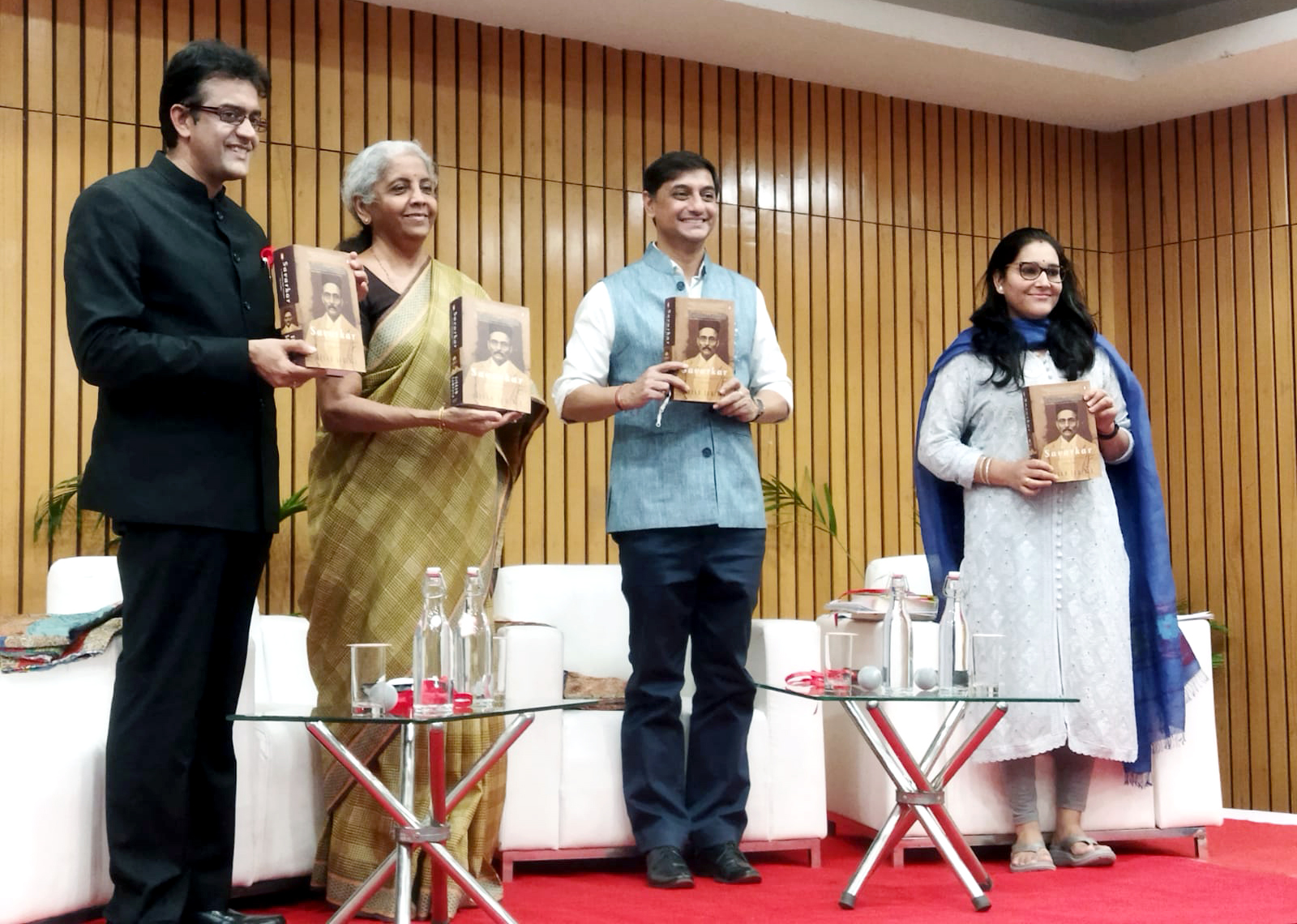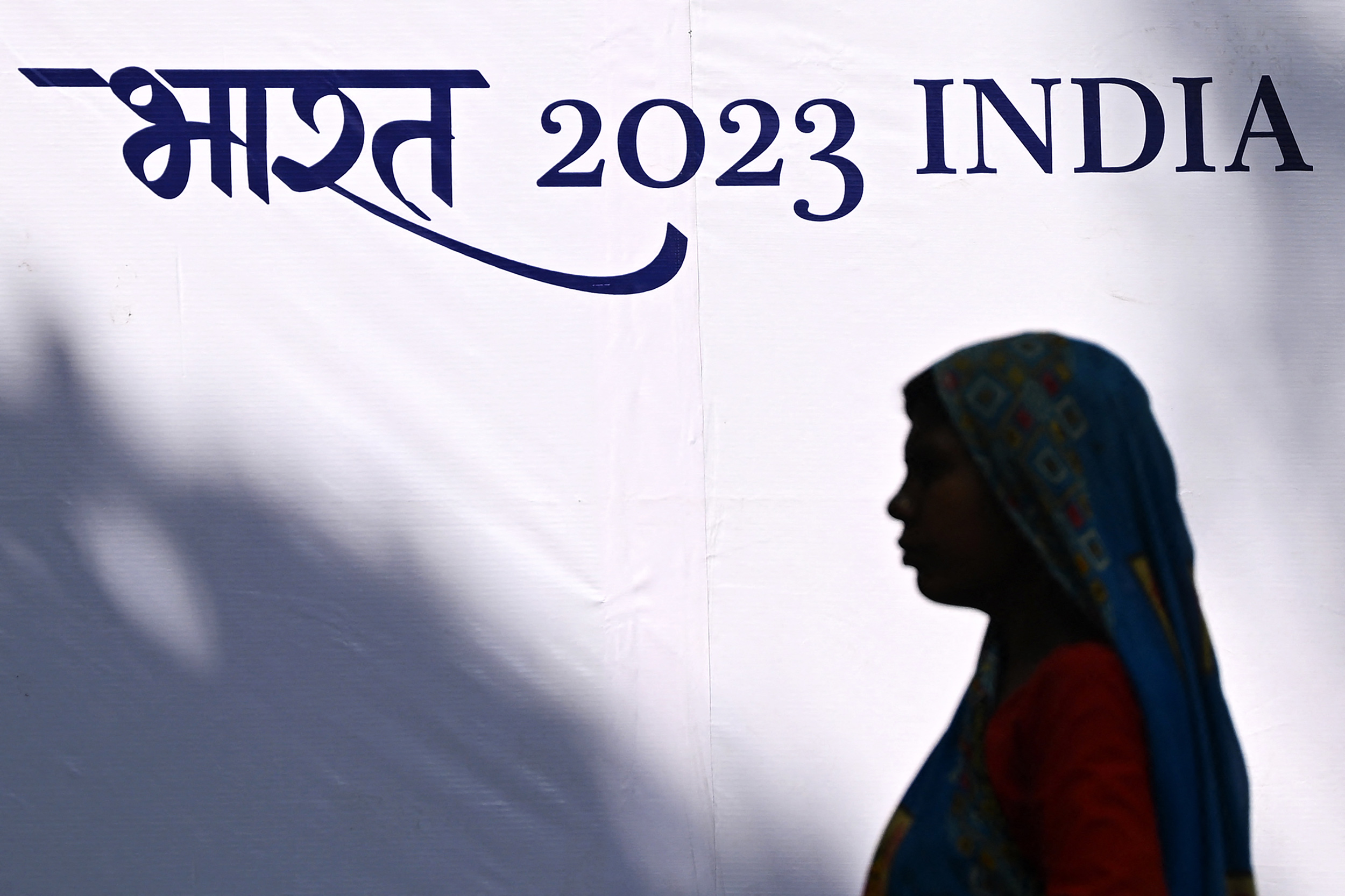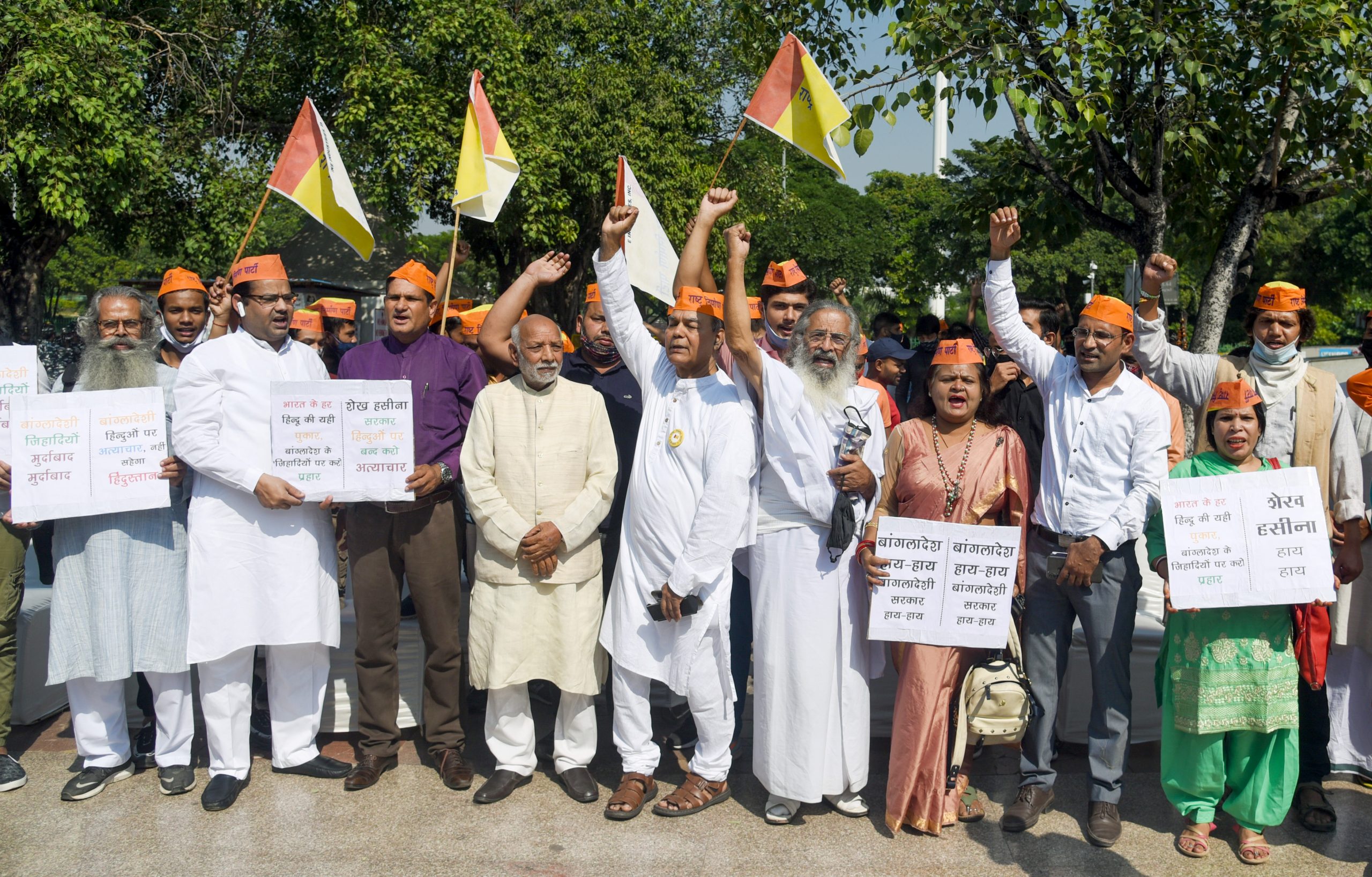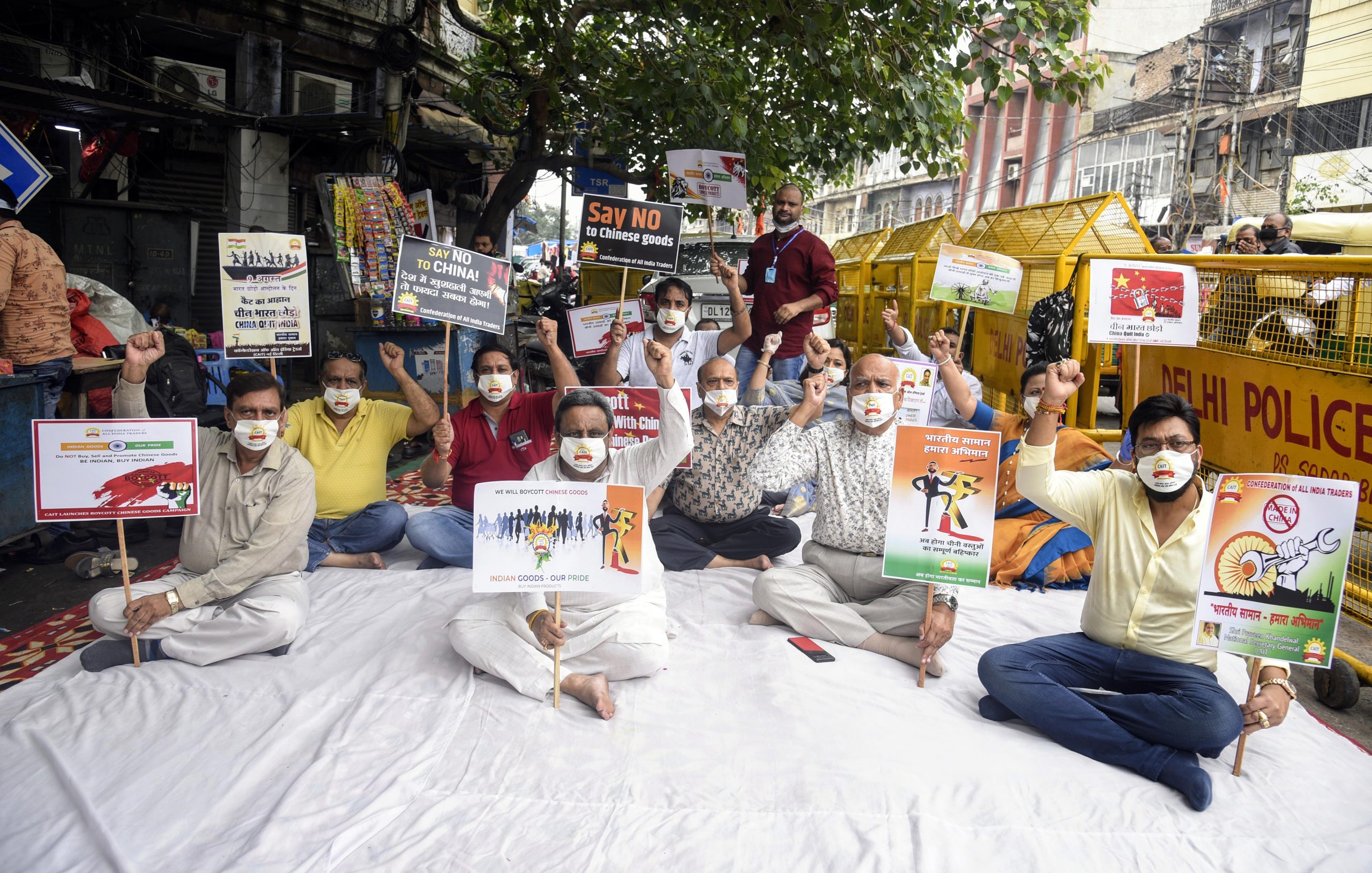For individuals, information overload can be a cause for anxiety and distress. If you use a fitness app, tracking your movements can become an unhealthy obsession

Sadhna Shanker
A lot is said and written about digital detox and digital well-being, but the aspect of data or information overload in our lives is often not focused on. The term ‘information overload’ was coined by Prof Bertram Gross of Hunter College, USA in 1964.
Today, anyone who has a smart phone, lives in a hyper-connected world. Apps on the phone, and wearables that track fitness, health, finances, exposure to the sun or even sleep quality, generate data for users on a near continuous basis. The data that streams from these gadgets is often not understood or read correctly by users, or could be without any context. If you are using a fintech app, and the movement of markets are not understood by you correctly, the data streaming from your device can cause unnecessary high levels of anxiety.
Information and data are also streamed continuously on social media. News, views and information are flooding our lives, and often we mindlessly consume the information, and do not have the time or the inclination to process it. This leads to confusion and stress.
The problem is not new. It started in 1450 with moveable type technology being brought in use by Johannes Gutenberg, a German printer. It led to a proliferation of printed matter. Followed by carbon paper, cyclostyling and photocopying – as replicating information became easier information overload moved forward. Digitation of information, which makes publishing possible at the push of a button has taken the problem to another level.
As per reports, the total amount of information created, captured, copied, and consumed globally in 2010 was 2 zettabytes of data. This figure has grown to 97 zettabytes today and is expected to grow to 181 zettabytes by 2025. (One zettabyte equals one trillion gigabytes).
For individuals, information overload can be a cause for anxiety and distress. If you use a fitness app, tracking your movements can become an unhealthy obsession. Research by Duke University found that “enjoyable activities can become almost like a job, by focusing on the outcome of things that used to be fun’.
In the COVID pandemic as life shifted online, the problem of overload become magnified. As per a survey conducted by a private company in 2021, more than 52% of the respondents said that their sources of information had increased manifold in the last five years. 44% of the respondents felt that information overload had intensified during the pandemic and added to their daily stress.
At the workplace also, information overload has negative consequences. People have to access different email and user accounts, they need to remember different access passwords, often the information streaming on workplace sites does not have direct correlation to their job. With hybrid working becoming the norm the stress multiplies. This often affects the timing and efficacy of decision making.
As people switch apps, accounts, emails and messaging platforms on a daily and regular basis, attention spans are becoming smaller and smaller. The desire to remain updated and see every message and post leads to fatigue, disruption of sleep patterns and anxiety.
So how to deal with it? Businesses are increasingly using AI to hyper personalize data to deliver customized and meaningful information. For instance, instead of simply counting calories, diet apps are promoting mindful journaling of what you eat. Amazon is one of the early adopters who built their entire ecosystem on hyper-personalization. Users land at unique homepages, receive accurate product recommendations, a seamless checkout experience etc.
As individuals, we all need to be mindful of the information overload in our lives. Disable push notifications in your apps, mindfully allocate time to social media, try and be on only one device or platform at one time. Learn to ignore unnecessary information. Further, don’t try and quantify everything in life – enjoy activities without tracking outcomes!
Sadhna Shanker is a writer based in New Delhi, India. Email: [email protected]


























